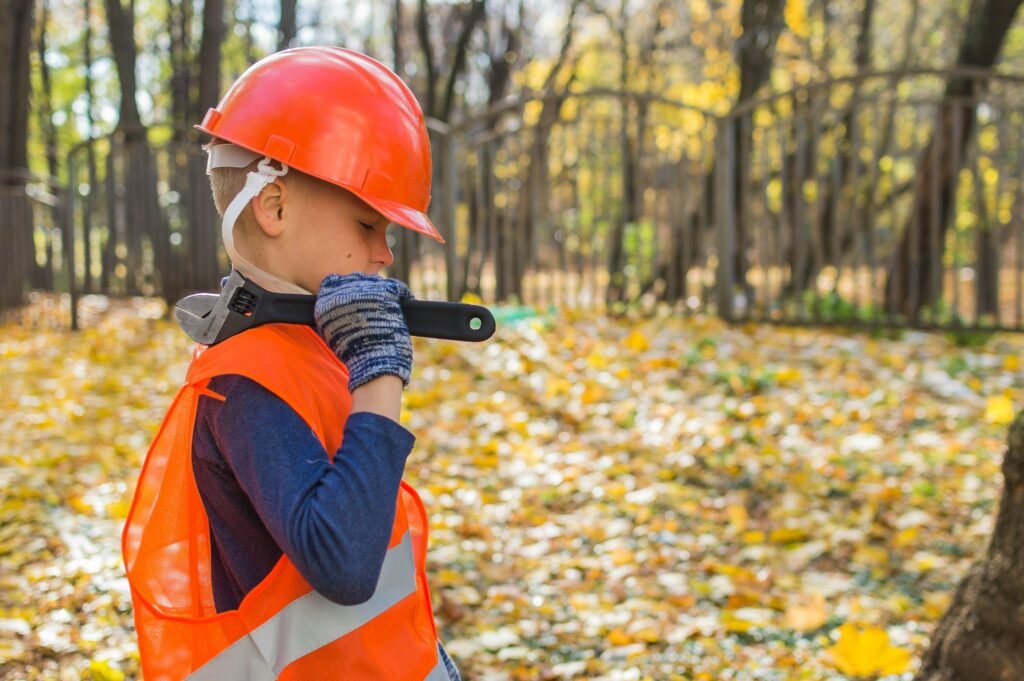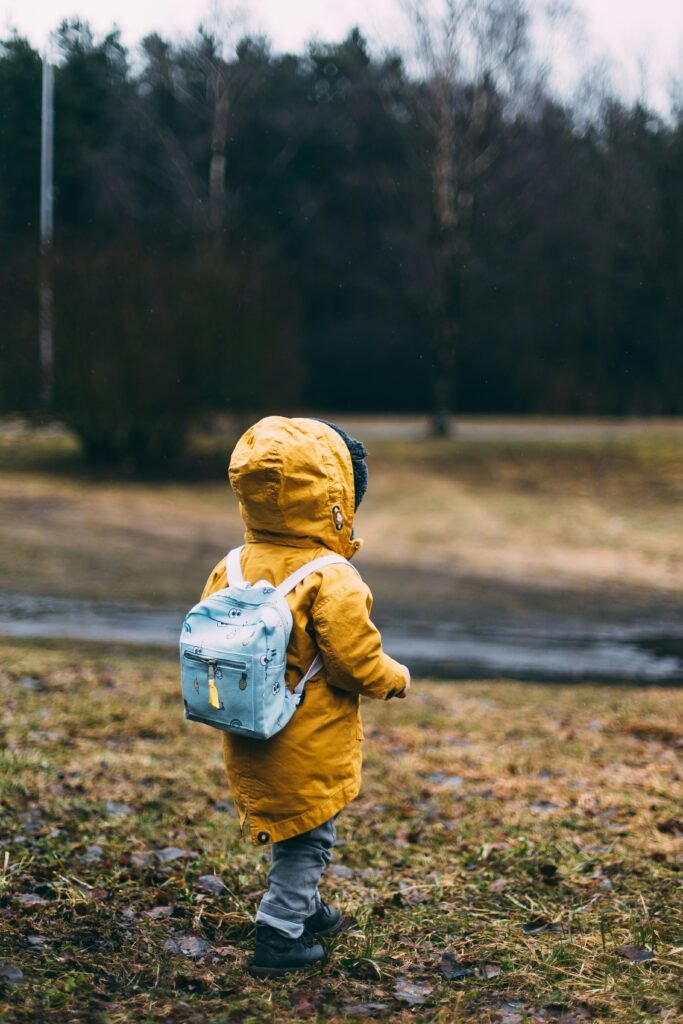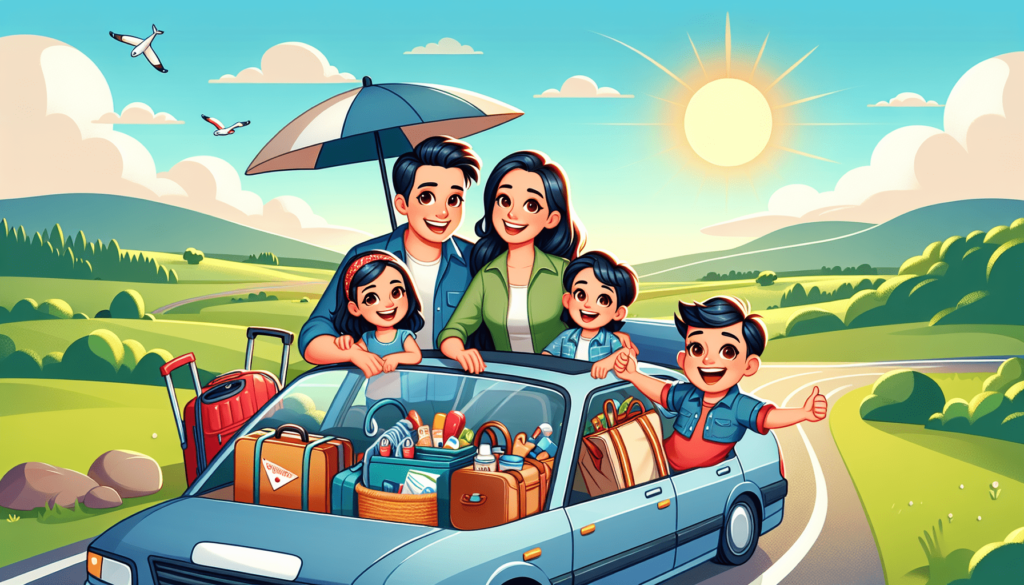Hey kids, it’s really important for us to know how to stay safe when we’re out and about. In this article, we’ll learn all about “Essential Stranger Danger Tips for Kids.” We’ll talk about who strangers are, why it’s important to be careful around them, and some simple tips that can help us stay safe. Remember, these tips are here to help us have fun and stay safe no matter where we go!
Stranger Danger Tips
When we are outside playing or walking, sometimes we might see people we don’t know. These are called strangers. Some strangers might be nice, but others could be dangerous. To stay safe, we should never go anywhere with a stranger, never take gifts or treats from them, and always tell an adult if someone we don’t know talks to us. It’s also super important to remember to stick with our friends and never wander off alone. By following these tips, we can enjoy our time outside and stay safe! Have you ever wondered what to do if you meet a stranger? It can be a bit scary, right? But don’t worry, because by learning some important tips, we can stay safe and feel more confident. Today, we’re going to talk about “Essential Stranger Danger Tips for Kids.”
Understanding Who is a Stranger
What is a Stranger?
A stranger is someone we don’t know. This could be anyone we have never met before. Remember, even if someone seems nice or looks friendly, they are still a stranger if we don’t know them.
Can Strangers Be Good or Bad?
Most people are good and kind, but there are some who might try to trick us or make us feel uncomfortable. It’s important to be careful and smart when dealing with strangers so we can stay safe.
Recognizing Safe Places and People
Safe Places
Safe places are where we can go if we feel scared or lost. These could include:
| Safe Places | Examples |
|---|---|
| Home | Our house or a friend’s house |
| School | Our classroom or the principal’s office |
| Public Places | Police station, library, or store |
| Emergency Locations | Hospitals or fire stations |
Safe People
Safe people are those we know and trust. Here’s a list of some safe people we can go to if we need help:
| Safe People | Examples |
|---|---|
| Family Members | Parents, siblings, uncles, aunts |
| School Staff | Teachers, principal, bus driver |
| Rescue Workers | Police officers, firefighters, paramedics |

Stranger Danger Tips
Always Stay with a Group
We are stronger and safer when we are with friends or family. If we ever need to go somewhere, it’s a good idea to go in a group.
Do Not Take Anything from Strangers
If a stranger offers us candy, toys, or anything else, we should not take it. It might be a trick to make us go with them.
Never Go Anywhere with a Stranger
We should never accept rides or go to unknown places with a stranger, even if they seem nice and friendly.
Say “No” and Leave
If a stranger comes up to us and makes us feel scared or uncomfortable, it’s okay to say “No!” loudly and leave the area quickly.
Always Tell an Adult
If something strange or scary happens, we should tell a trusted adult as soon as possible. This helps keep us safe and lets adults take action if needed.
Important Practices to Remember
Learning a Secret Code Word
A secret code word is a special word we only share with our family. If someone claims they were sent by our parents, they must know the secret code word. If they don’t know it, we should not go with them.
Identifying Safe Places on the Way
When walking to school or a friend’s house, it’s good to know some safe places along the way where we can go if we need help, like a neighbor’s house or a friend’s place.
Using Our Voice
Our voice can be powerful. If we feel scared or in danger, shout loudly to grab attention. Words like “Help!” or “I don’t know this person!” can make adults around aware that we need help.
Trusting Our Feelings
Our feelings are important. If something doesn’t feel right, it’s important to trust that feeling and get to a safe place as quickly as possible.

Role-Playing Scenarios
Practice Makes Perfect
Practicing what we would do in different situations helps us feel prepared. Here are some role-playing ideas:
| Scenario | What to Practice |
|---|---|
| Being Offered Something | Practice saying “No, thank you,” and walking away |
| Being Asked for Help | Remember to never go anywhere, even if they ask for directions |
| Feeling Lost in Public | Find a safe person or a safe place quickly |
| Someone Knows Our Name | Always check for the secret code word |
Emergency Contacts
Memorizing Important Numbers
Knowing important phone numbers by heart helps us in emergencies. We should memorize:
| Important Contacts | Examples |
|---|---|
| Home Phone Number | |
| Parents’ Mobile Numbers | |
| Relatives | Grandparents, aunts, uncles |
| Emergency Services | 911 or the local emergency number |
Using a Phone in Emergency
In case of an emergency, we should know how to use a phone. It’s good to practice dialing numbers and explaining the situation clearly.

Technology and Online Safety
Being Careful Online
Just like in the real world, we need to be careful when using the internet. We should never share personal information with strangers online, like our name, address, or school.
Talking to Trusted Adults
If someone online makes us feel uncomfortable, we should tell a trusted adult immediately. It’s important to remember that people online might not always be who they say they are.
Encouraging Open Communication
Sharing Feelings and Concerns
Talking openly with our parents about our day and any worries helps keep us safe. We should feel comfortable sharing anything that makes us feel uneasy or scared.
Asking Questions
If we are ever unsure about something, it’s okay to ask questions. Our parents and teachers are there to help us understand and stay safe.
Conclusion
Staying safe around strangers is very important. By learning and practicing these tips, we can protect ourselves and feel more confident in different situations. Remember, it’s always okay to say “No” and seek help from a trusted adult if we ever feel unsure or scared. Let’s stay safe together!


